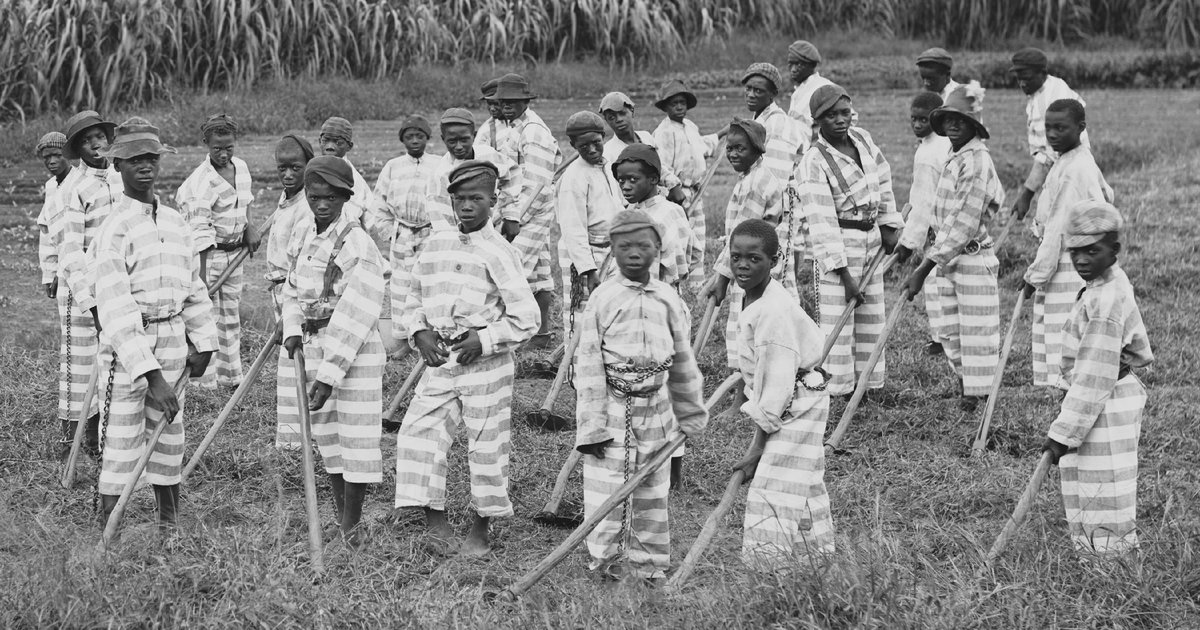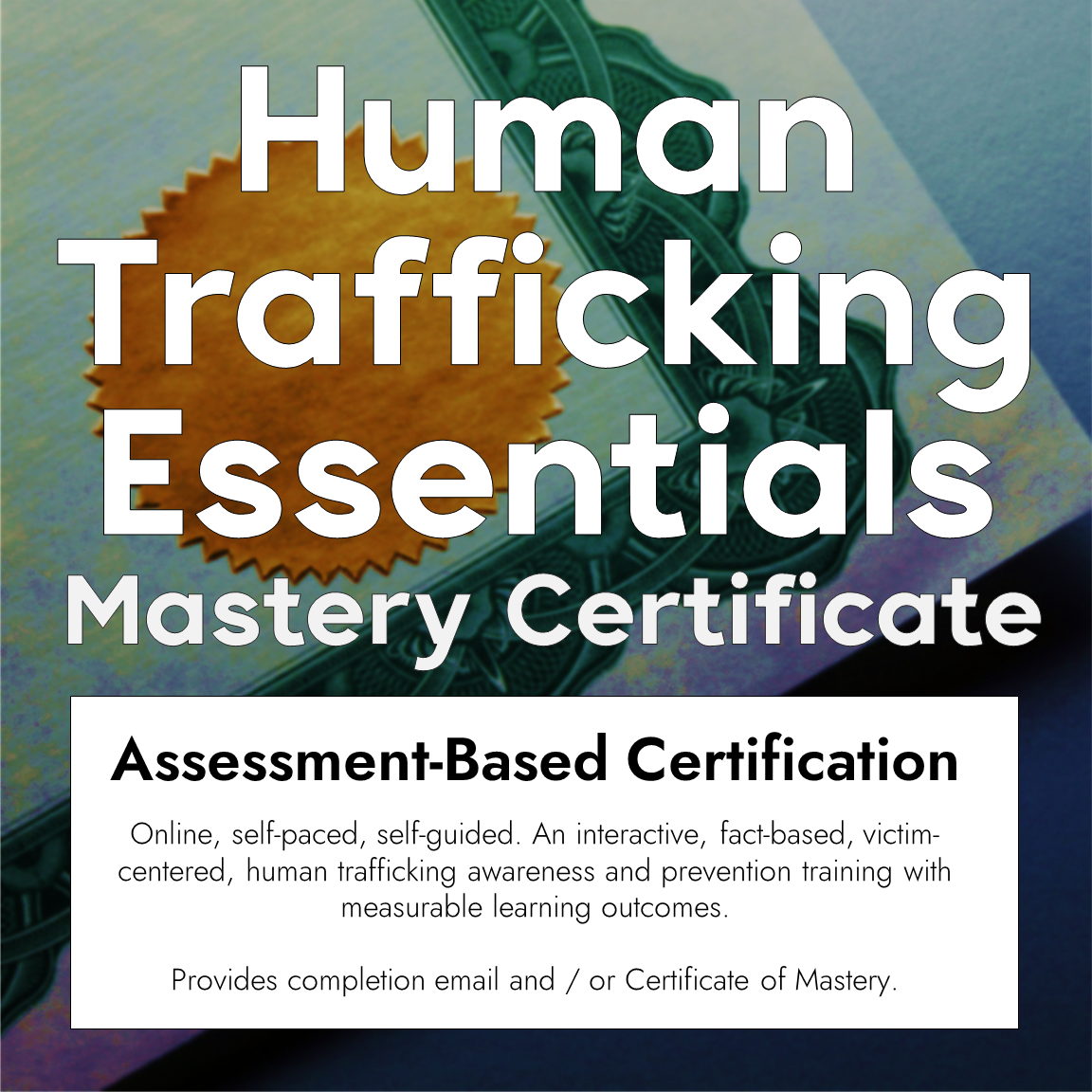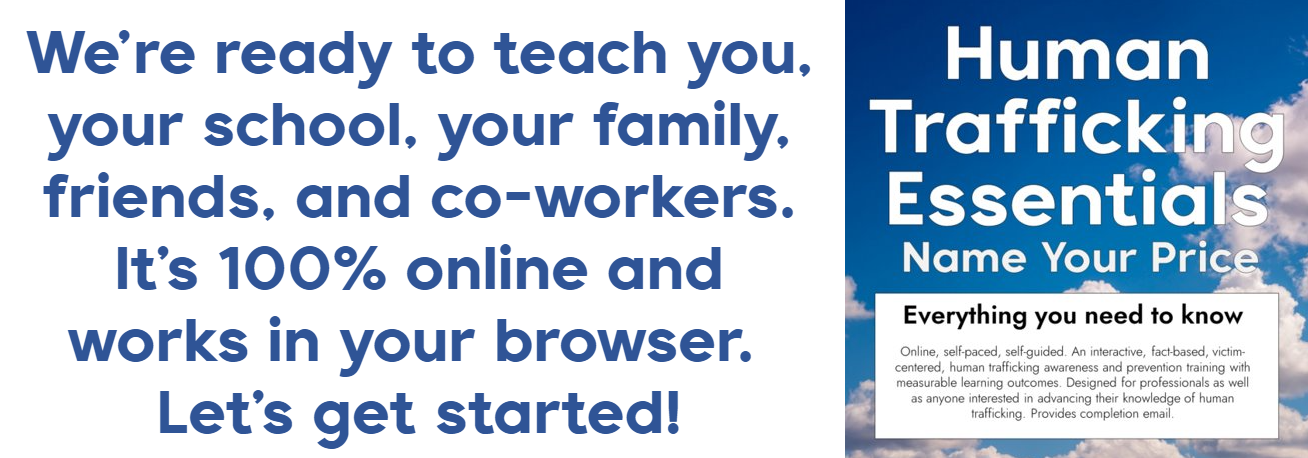Celebrating Labor Day by Ending Slave Labor

Slavery's legacy — from its beginnings to today's prison-industrial complex — has endured, and an end to slavery requires real reform. Reform has to be brought to our prison system, as many incarcerated individuals do seek out experiences and opportunities to build essential skills needed to find gainful employment after release. But rather than creating meaningful experiences for those in prison, this work very often “offers nothing beyond exploitation.”
In the current system, not only do imprisoned workers not consider these skills transferable, 76 percent report being forced to work or else face additional punishment. And for many, the system has made it hard to find work after release — and with little to no money, what options are left? The prison system has created an endless cycle, and an endless source of exploitative labor. No individual deserves to be enslaved, and the current system stands diametrically opposed to the notion of freedom that we claim is embedded into the fabric of the nation.
The American prison system, including prison work, has the potential to be rehabilitative, but can it move beyond its resting state of exploitation? Organizations like the Incarcerated Workers Organizing Committee are working to try, through prisoner-led efforts, to end “the criminalization, exploitation, and enslavement of working class people”. And politicians are even taking it a step further: trying to close the “slavery loophole” baked into the 13th Amendment with the introduction of the Abolition Amendment earlier this summer.
“The current system stands diametrically opposed to the notion of freedom that we claim is embedded into the fabric of the nation.”
The Abolition Amendment — promoted by Rep. Nikema Williams (D-Ga.) and Sen. Jeff Merkley (D-Ore.) — would close that loophole and stop the continuous oppression of Black Americans through mass incarceration. The bill has been introduced into Congress and referred to the Committee on the Judiciary, but still progress remains necessary.
This “Eyes on Trafficking” story is reprinted from its original online location.
Fair Use Notice: The PBJ Learning Knowledge Vault is dedicated to advancing understanding of various social justice issues, including human trafficking and related topics. Some of the material presented on this website may contain copyrighted material, the use of which has not always been specifically authorized by the copyright owner. We are making such material available in our efforts to promote education and awareness of these important issues. There is no other central database we are aware of, so we put this together for both historical and research purposes. Articles are categorized and tagged for ease of use. We believe that this constitutes a ‘fair use' of any such copyrighted material as provided for in section 107 of the US Copyright Law. In accordance with Title 17 U.S.C. Section 107, the material on this site is distributed without profit to those who have expressed a prior interest in receiving the included information for research and educational purposes. For more information on fair use, please visit: “17 U.S. Code § 107 – Limitations on exclusive rights” on Cornell Law School's Legal Information Institute.

ABOUT PBJ LEARNING
PBJ Learning is a leading provider of online human trafficking training, focusing on awareness and prevention education. Their interactive Human Trafficking Essentials online course is used worldwide to educate professionals and individuals how to recognize human trafficking and how to respond to potential victims. Learn on any web browser (even your mobile phone) at any time.
More stories like this can be found in your PBJ Learning Knowledge Vault.
EYES ON TRAFFICKING
This “Eyes on Trafficking” story is reprinted from its original online location.
ABOUT PBJ LEARNING
PBJ Learning is a leading provider of online human trafficking training, focusing on awareness and prevention education. Their interactive Human Trafficking Essentials online course is used worldwide to educate professionals and individuals how to recognize human trafficking and how to respond to potential victims. Learn on any web browser (even your mobile phone) at any time.
More stories like this can be found in your PBJ Learning Knowledge Vault.

